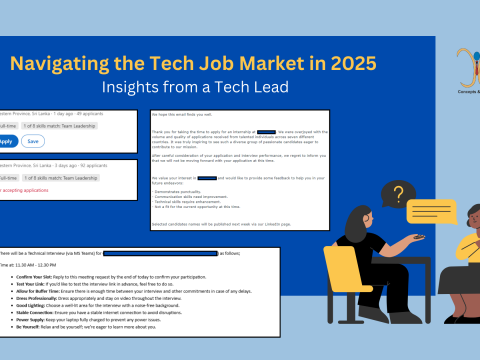- Have any questions?
- [email protected]
Ethical Considerations in Prompt Engineering

The Art of Self-Reflection: A Path to Self-Discovery
November 8, 2023
Unlocking Your True Passion and Purpose : Self-Discovery
November 10, 2023Welcome back to our exploration of the dynamic world of prompt engineering. In our previous blogs, we’ve covered the fundamentals, effective techniques, and advanced practices. Now, we turn our attention to a crucial aspect of prompt engineering—ethical considerations and ethical dimensions. As we unlock the potential of AI, it’s essential to navigate the ethical landscape responsibly.
The Ethical Landscape of Prompt Engineering
Prompt engineering empowers us to shape AI interactions, but this power comes with responsibility. Ethical considerations are at the core of ensuring that AI systems are developed and used in ways that align with human values and societal norms.
The Power and Impact of Prompts
Prompts are the bridge between human intent and AI output. They guide AI models in understanding and responding to user queries. As we craft prompts, we wield significant influence over the information and ideas that AI systems generate. This influence demands a careful examination of ethical implications.
Key Ethical Considerations in Prompt Engineering
1. Bias Mitigation
Bias can inadvertently seep into AI models through biased prompts. It’s crucial to assess prompts for potential bias and take proactive steps to mitigate it. This involves using inclusive language, avoiding stereotypes, and regularly reviewing and updating prompts to align with evolving ethical standards.
2. Fairness and Equity
Prompt engineering should strive for fairness and equity in AI outcomes. Consider the potential impact of prompts on different demographic groups and ensure that prompts do not contribute to disparities in AI-generated content.
3. Privacy Concerns
Prompts may involve user-generated content, raising concerns about privacy. Ethical prompt engineering involves respecting user privacy rights, clearly communicating data usage policies, and implementing robust security measures to safeguard user information.
4. Transparency and Explainability
Users should have a clear understanding of how prompts shape AI responses. Ethical prompt engineering requires transparency in the prompt design process, making it easier for users to comprehend how their queries influence AI outcomes. Explainability is essential in building trust and accountability.
5. Accountability and Responsibility
Prompt engineers bear a responsibility for the outcomes generated by AI models. Establishing clear accountability mechanisms, including protocols for addressing unintended consequences, is crucial for ethical prompt engineering.
Real-World Applications
Ethical considerations in prompt engineering extend to various industries:
1. Healthcare
In healthcare, ethical prompt engineering is vital for ensuring that AI-generated medical information is accurate, unbiased, and respectful of patient privacy.
2. Education
For educational applications, ethical prompts play a role in providing unbiased learning materials and promoting inclusivity in AI-generated educational content.
3. Content Moderation
In content moderation, ethical prompt engineering helps address issues related to inappropriate or harmful content, ensuring that AI systems do not inadvertently amplify harmful messages.
The Path Forward: Ethical Prompt Engineering
As we navigate the ethical landscape and ethical dimensions of prompt engineering, it’s essential to continuously evaluate and refine our practices. The path forward involves ongoing collaboration, learning from diverse perspectives, and adapting to evolving ethical standards.
In the next blog, we’ll explore the future of prompt engineering, discussing emerging trends and innovations that will shape the field. Join us as we continue to unravel the exciting possibilities of AI through responsible and ethical prompt engineering.





